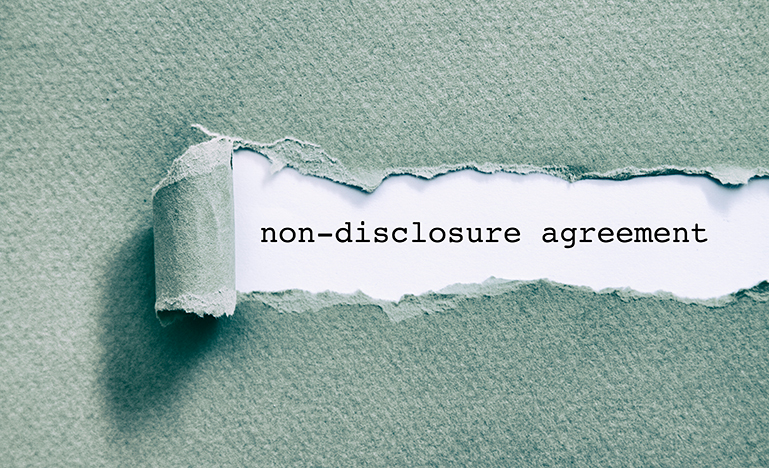#MeToo and restricting the use of non disclosure agreements in Canada
The use of NDAs in sexual harassment cases has come under scrutiny in the US and in the UK. Canada needs to follow suit.

Non-disclosure agreements are used to protect commercial interests or reputations. They can also operate to the mutual benefit of parties, allowing them to exchange commercial information or to enter into settlement agreements. The use of NDAs in sexual harassment cases, however, has come under scrutiny, mainly as a result of high profiles cases in the United States and in the United Kingdom where they have served to cover up the sexual misconduct of powerful men.
In the Canadian context, there is little guidance on whether it is appropriate to use an NDA to suppress the disclosure of allegations of sexual harassment and the ethical boundaries for lawyers drafting these agreements.
The basic rule is that NDAs are inapplicable where the disclosure of the conduct is protected by legislation, or where the act that is the subject of the NDA constitutes serious wrongdoing. These limitations are anchored on two notions, namely: (a) that there is no confidence in an iniquity; and, (b) that confidence does not operate if the disclosure of the information is vital to the public interest.
Until recently, the courts have been willing to enforce NDAs to suppress allegations of wrongdoing if the underlying agreement was entered into freely and the conduct was not of a criminal nature. However, the #MeToo revelations may have introduced new limits to NDAs.
Indeed, the use of NDAs to suppress allegations of sexual harassment is common in Canada and elsewhere in the Commonwealth. In Australia, it is so prevalent that the chairperson of the National Inquiry into Sexual Harassment in Australian Workplaces recently asked institutional employers to waive the benefit of these provisions partially. Only then could it be in a position to assess the magnitude of sexual harassment in the Australian workplace. In the UK, the Women and Equalities Select Committee (WESC) of the House of Commons is assessing the use of NDAs in discrimination cases to prevent their use to silence victims of sexual harassment in the workplace.
In Canada, the case law is still relatively undeveloped. Law societies have been mostly silent on the issue, except to say that members of the bar must not sexually harass and that they are bound by the general principles of good conduct. This stands in contrast to the UK, where the Solicitors Regulations Authority (SRA), concerned about the silencing of victims of sexual harassment, issued a warning in March 2018 that solicitors may not use NDAs to prevent a party from reporting objectionable conduct to regulators or law enforcement agencies. Solicitors that do include such clauses risk facing disciplinary measures.
Judging by recent trends elsewhere in the Commonwealth, courts in Canada will need to land on this point and decide whether it is in the interest of justice to allow these type of settlements to be enforced when they have been entered into freely and with independent legal advice. It would also be helpful for the law societies to signal to members of the bar that for the settlement of disputes involving allegations of sexual harassment, that NDAs should not be used to discourage anyone from reporting misconduct to the appropriate authorities. It should be clear that any such attempt can lead to disciplinary measures. It would mark an important legal legacy of the #MeToo movement in this country.


